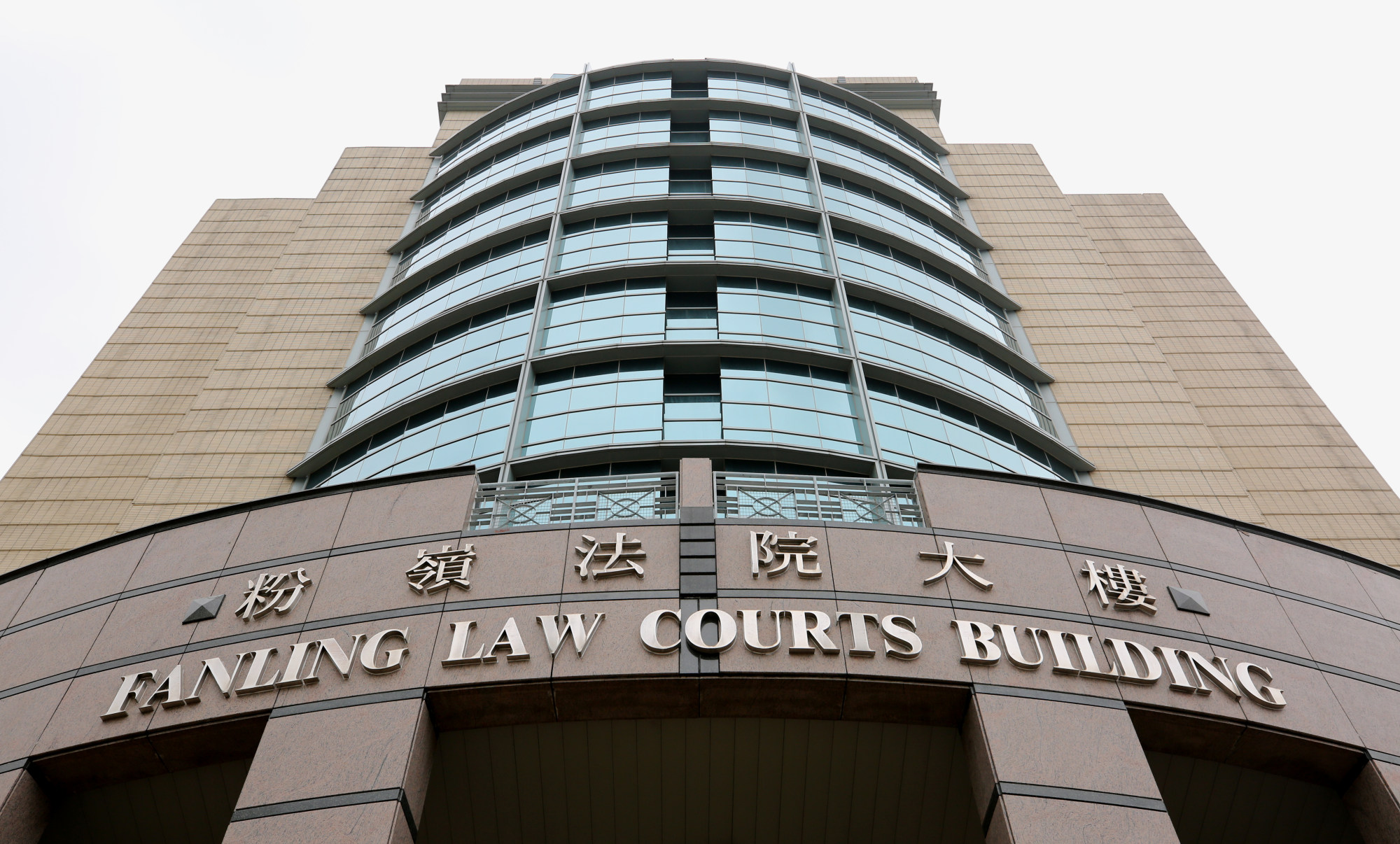
Hong Kong court clears student of groping woman at university orientation camp
- Fanling Court clears Tang Ho-yin of indecent, common assault charges over incidents at University of Hong Kong orientation event in August of last year
- Magistrate says court believes testimonies of victim X and witness A, but notes there is lack of evidence to identify Tang as perpetrator
Fanling Court cleared Tang Ho-yin, a second-year student at the University of Hong Kong, of two charges of indecent assault and common assault on Monday.
Magistrate Frances Leung Nga-yan said that while the court believed the testimonies of victim X and witness A, a friend of the former who also attended the camp, to be truthful, the prosecution could not prove without reasonable doubt that the person who committed the assault was the defendant.
Tang was earlier accused of groping X, a first-year student, during an activity for the camp’s “disco night” event on August 20 of last year, followed by a second incident at a dormitory lounge the next day.
Leung said the case’s biggest dispute centred on whether it was Tang who allegedly assaulted X on the first occasion.
The magistrate said the burden of identifying the perpetrator had fallen on A in this instance, as X testified she could not see the perpetrator’s face during the disco night activity.
The court also heard there were no surveillance cameras in the immediate area and no other attendees of the party had mentioned witnessing the incident.
In an earlier hearing, A said she saw the back of a man pass her by, place his hands under X’s armpits and brush the sides of her breasts in the process.
The witness said she had identified the man as Tang because of his light blond hair, but could not see the perpetrator’s face as the lighting at the event was dim.
Leung said on Monday that the lack of facial recognition from A meant there was doubt over the assailant’s identity.
The magistrate cited testimonies from other camp attendees who pointed out in a group photo that the orientation event included two other men with similar hair shades to Tang, making it difficult to identify any of them from just the back of their heads.

The court was not reassured that relying on A’s account of a brief instance at the disco night would satisfy criminal law standards, creating doubt over whether Tang could be identified as the perpetrator, Leung said.
The magistrate also discussed the common assault charge against Tang, for which he had been accused of groping X in a dormitory lounge.
Leung said the court accepted the defendant’s hand had moved up and down X’s arm while discussing sexual content and that Tang deliberately placed his head near her thigh as he lay on the floor.
While the prosecution could show that Tang’s actions were unwelcome under the circumstances presented to the court, the defendant might not have realised the behaviour had produced such an effect, the magistrate added.
Leung said this was due to X agreeing to Tang using her arm to demonstrate an element of the discussion, adding X had not withdrawn her arm or visibly showed her displeasure despite feeling uncomfortable.
The magistrate said this meant the prosecution was unable to prove beyond reasonable doubt that Tang had committed common assault.

